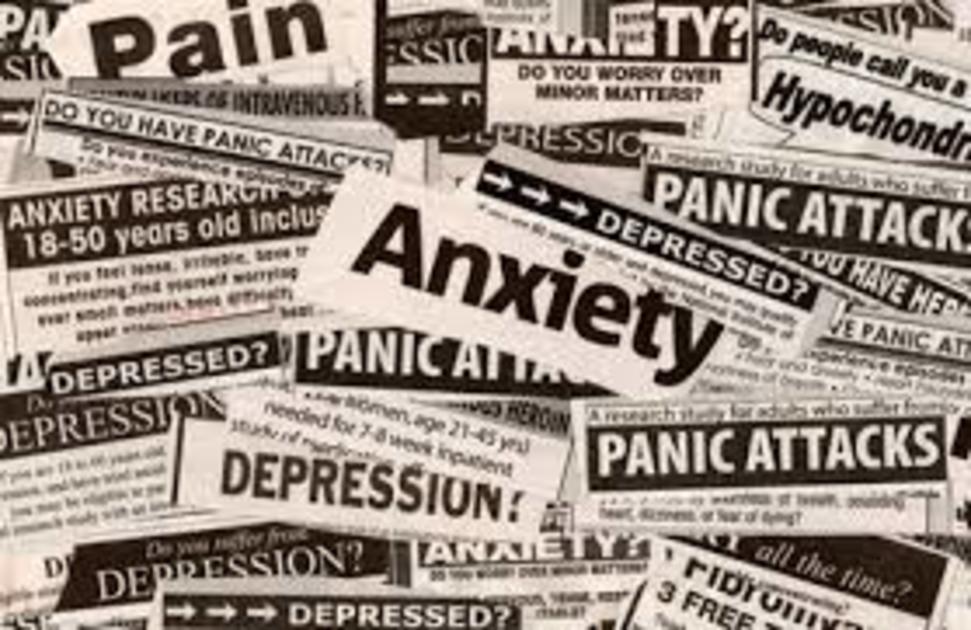
Question: I am 33 years old and not finding fulfillment in my current occupation. I am considering going back to school to obtain a degree in social work. I have always been interested in helping people and people seem to gravitate to me when they need help solving a problem. I am curious as to what type of person you think makes a good therapist? What personal qualities would indicate that someone might make a good therapist? Are there any challenges in the profession that you think someone considering it should know about? I know these are not "therapy" questions but I hope that you would still share your thoughts on this matter. Thank you.
You are to be commended for asking such thought-provoking questions prior to embarking on this career change. Although your questions are broad and require much more than a column, I will try to share some general observations.
Examples of crucial skills that are necessary to be an effective therapist include empathy and communication skills. Empathy is the ability to understand others and relate to their experiences. You will need to see people who think differently than you and who come from backgrounds different than yours, yet be able to feel what this person is going through. As a therapist, you need to understand a client’s choices and feelings, even those you do not agree with, forcing you to exercise lots of “al tadin es chaveracha ad shetagia limkomo”.
Another important quality is good communication skills. People are likely to create a positive relationship with a therapist who is a good communicator. Good communication conveys confidence and assertiveness and will help you make a new client feel comfortable.
While empathy and communication skills combined with decent intellectual ability are probably sufficient for those who seek a job in the field, those who are interested in making a good income will need to succeed in private practice. This requires possession and development of additional skills such as those that follow.
Stay up to date with the research: Therapists should keep a scientific mind and keep up to date on research trends. They need to know which therapies work for whom under what conditions; they need to know enough about medication to be able to talk to people about the medications they are taking; and they need to be aware of alternative treatments. Related to this, a therapist should be involved in ongoing consultation with peers and mentors. Everyone will get stuck at times and will benefit from hearing the perspective and insight of others.
Have a theoretical orientation: There are several types of therapy that one can practice (therapeutic modalities). Research indicates that it doesn’t matter which type of therapy the therapist prefers, but rather that they know and utilize it well. This contributes to the therapist’s confidence in his ability and results in the client’s greater confidence that growth will occur. In my opinion, a therapist should choose a primary modality that fits best with their own personality and style. For example, an intellectual therapist who is not overly warm might do well with standard psychoanalysis; a more practical, down-to-earth therapist might be more suited to CBT; while a more emotionally-oriented person might be more comfortable with a relationally-oriented therapy.
Business skills: In addition to helping clients, those in private practice need to run a business, which involves tasks like marketing, networking, billing and many other mundane tasks. All this requires good organizational skills and a good business sense.
I would like to conclude with one particular challenge that anyone contemplating this field must consider. Inherent to the profession is a darkness that can challenge people psychologically, emotionally, and even spiritually. You will have to deal with some of the worst aspects of humanity and may be exposed to the flaws of systems and individuals that you respect and hold dear. Maintaining your purity and positive outlook will require you to be anchored emotionally and spiritually to the right individuals, institutions, and seforim.
Lest the above scare you away, I would like to end with the words of the Sifsei Chaim. In his Sefer on Middos when discussing the Midda of Nosei B’ol Im Chavero, he cites the tradition from the great Yeshiva in Kelm that there are three levels of Chesed in order of their value and importance: 1) Tzedoka, which is assistance in response to someone’s need. 2) Chesed. Where one actively seeks to benefit someone else. 3) Nosei B'ol im chaveiro where one gives ones very essence and self to empathize, understand, and connect with others.
Could there be more of a meaningful career than one involving Nosei B’ol on a constant basis?
I would like to thank my colleague and chavrusa, Ari Sorotzkin, LCSW, for his input.
Originally appeared in Yated Neeman
 Previous
Previous


